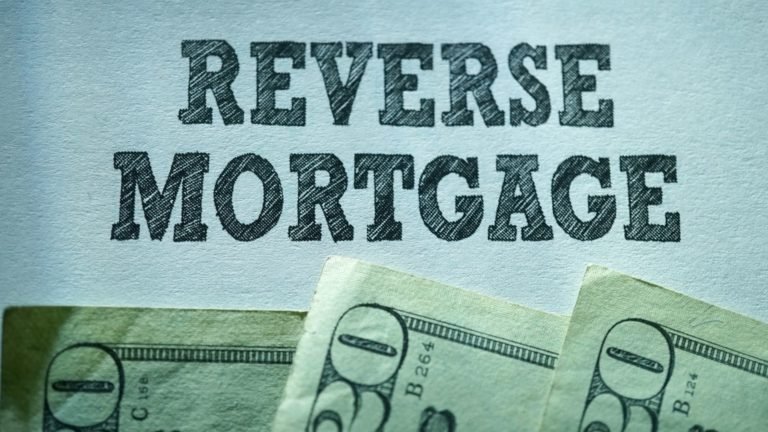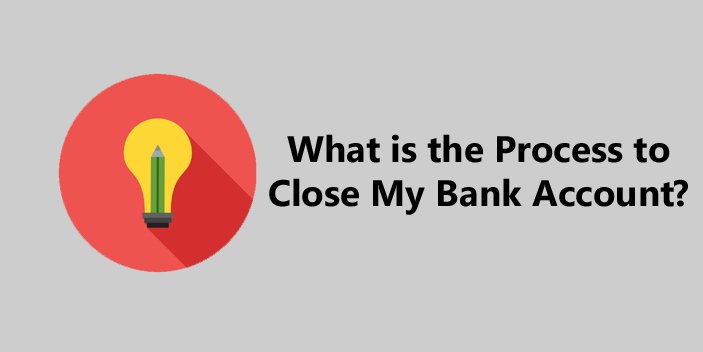What Is a Billing Cycle And How Does It Impact Credit Score?
Credit cards are popular financial tools, and can be extremely beneficial if used the right way. Conversely, if not used the right way, credit cards can prove to be risky to your financial health.
This requires a fundamental understanding of how they work and familiarity with important terms related to credit cards. One of these terms is the billing cycle. Understanding how the billing cycle of a credit card works is important, owing to the fact that it has the potential to affect your credit score. So let’s understand the billing cycle meaning, and its impact on credit score.
As the name suggests, the period of time for which the credit card bill is generated is known as the billing cycle. That is, it’s the period between two consecutive bills raised. Also known as the statement cycle, the billing cycle ends on the day your credit card statement is generated. The length of billing cycles can differ from 27 days to 31 days, depending on the type of your credit card and the issuer of the card.
How do Billing Cycles Work?
When you get a new credit card, its billing cycle starts on the day of activation of the card. Generally, your credit card bill will be zero initially. However, there might be some amounts such as joining fees charged to it.
All payments, purchases and cash withdrawals made during the billing cycle will appear in the statement that you get at the end of the cycle. On one hand, all finance charges, cash advance fees, cash withdrawal charges or late payment charges(if applicable) are added to your credit card bill. On the other hand, you might have some amount paid to your card such as cashbacks or fuel surcharge waiver.
These transactions appear on the credit side of your statement and the cumulative amount of these is subtracted from the credit card bill. The final amount adjusted from all debit and credit appears on your bill. The transactions that occur post the billing cycle appear in your next credit card statement.
Interestingly, the time period between your current billing cycle and the due date of the bill is called an interest-free period or grace period. Any transactions you make on your credit card during this period do not incur any interest. Nevertheless, if you do not pay the bill past the due date, you will be charged late fees along with interest every day starting from the date of said transaction till the day it’s completely paid off.
If you want to avoid the late payment fees, you can pay the Minimum Amount Due (MAD), which is basically the credit card minimum payment that is fixed by your card issuer. It is a small portion of your total outstanding amount which, when paid, wards off any late fees, but still attracts finance charges or interest.
How Does the Billing Cycle Impact Your Credit Score?
The impact that your credit card billing cycle has on your credit score is not direct. But certain aspects related to the billing cycle do affect your credit score. These aspects include making late payments, missing your payments, making partial payments and paying just the minimum due amount. In other words, your billing cycle behaviour is what affects the credit score. Due to this reason, if you fail to make even one payment on time, it might impact your credit score.
How this works is that your credit card issuer reports all information about your credit card account to the credit bureaus on a timely basis (generally at the end of each billing cycle). Thus, all your credit card activity during a single billing cycle, such as withdrawals, purchases, balance transfers and payments are reported to the credit bureau after the cycle ends, and they reflect on your credit report. For instance, if you have a balance of INR 10,000 at the end of your billing cycle, credit bureaus will get this information and it will be considered in your credit score.
According to CIBIL, one missed payment can have an impact on your credit score for up to two years. Additionally, it can reflect on your credit report for as long as 36 months. What this means for a credit cardholder is essentially to comply with their billing cycle due dates and maintain a good repayment pattern. Moreover, you should avoid carrying a balance exceeding 30% of your credit card’s borrowing limit, as it can negatively affect your credit score.
On the flip side, paying your credit card bill before the payment due date can have a positive effect on your credit score. In this case, your card issuer will report a lower number to the credit rating agencies, which leads to lower utilization and a better credit score. The utilization ratio is calculated as the ratio of your balances over your credit limit. The lower the utilization percentage, the higher the credit score.







